Democratising Politics
We are individuals from working-class urban and rural areas, elected representatives, and researchers, united towards bringing democracy beyond the elite out of insular circles and establishing inclusive political representation in politics.
The context
Working-class communities are notably underrepresented in French political structures, including among elected officials and leaders. The existing political framework, marked by professionalisation and adversarial dynamics, creates obstacles that limit leadership opportunities for the working class.
%
This is the percentage of members of Parliament from working-class backgrounds (employees/workers), VS 45% in the general population (AN/RNE)
Working-class communities participate in voting at lower rates Les classes populaires votent moins que les autres. Malgré leurs mobilisations, dans les quartiers populaires urbains et les territoires ruraux, elles ne pèsent que peu dans les choix qui les concernent et sont régulièrement mises en opposition.
%
This is the percentage of workers who abstained from voting in April 2022 (compared to a 26% absention rate across the general population) (IPSOS, 2022)
These patterns perpetuate exclusion and prevent a truly democratic society from forming. We must reverse this trend to build a genuine social democracy – one that brings a community-based perspective to democratic, social and environmental issues to come.
%
This is the percentage of French citizens who believe politicians are disconnected from everyday realities (OpinionWay – CEVIPOF 2022)
The project
Democratising Politics is a reserch-based mobilisation project, designed in the aftermath of the 2022 presidential and legislative elections. It seeks to establish parity in social representation within political systems.
Historically, projects involving the working class in politics have focused primarily on voter behaviour, particularly abstention. Democratising Politics shifts the focus to underrepresentation, approaching it as a cause, and not a consequence, of todays’ political crisis.
Importantly, we tackle the issue from a non-partisan stance, grounded in the lived experience of underrepresentated groups involved in collaborative research, as well as in underused statistical data.
We are building a national coalition to advocate for inclusive political representation in politics.

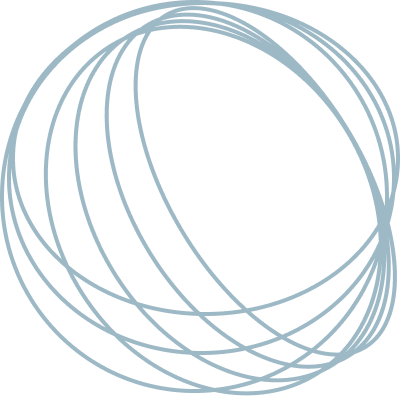
Our observations
The current structure of political parties and institutions deepens the democratic deficit.
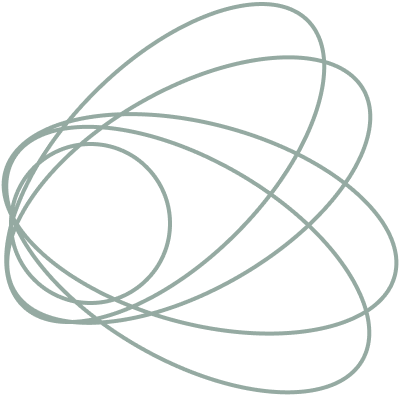
Our belief
The goal is to “win back” the vote of the working class. Instead, we believe the political landscape itself must be democratised, accessible to all, including the working class electorate.

Our vision for 2030
By 2030, we envision a transformed political landscape, where elected representatives embody the full diversity of the population, bringing a renewed perspective to democratic, social and environmental challenges.
What we want : inclusive political representation !
As the ecological and social crises continue to intensify, it is urgent for those most affected by their outcomes to be at the heart of public life. From the yellow vests to working-class neighbourhoods, from grassroots movements to environmental advocacy, there is no lack of movement.
But we also need an electoral body that genuinely reflects our communities, right at the heart of power.
The 2022 let to a stark realisation :
Rarely had our communities been so poorly represented. Our campaigns were fragmented, driven by contrained political agendas, and obstructed by institutional barriers.
After decades of enduring this reality, we recognised the need to pause, and create a transparent, cross-partisan space where we could compare experiences and analyse the barriers to our success.
This pause helped us strenghten our reflections, build solidarity, and renew hope. It has been essential to rebuild strength to advocate for change and to mobilise those who hold the solutions in their hands.
Looking ahead,
We are preparing to unveil a protrait of France’s candidates over the past 20 years. We will travel across the country, collaborating with communities to devise concrete solutions for fair political representation. Together, we will make social representation parity essential across all elections and political frameworks.
By 2026, we aim to celebrate our achievements while preparing for future challenges. By building a new model of political representation, we will introdice a community-grounded perspective on the crises we face.
Our team
We are a team of
70 people actively involved in the project
3 co-founders, who support the core leadership team
Co-founders :
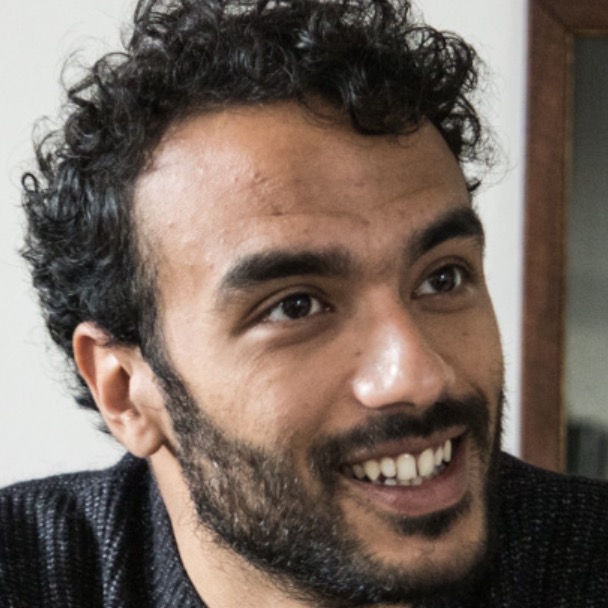
Kevin Vacher
- Sociologist, GDRV Laboratory
- Research Associate at MESOPOLHIS (AMU, CNRS, Science Po Aix)
- Activist from Marseille’s working-class neighbourhoods (Collective of 5 November, SQPM)
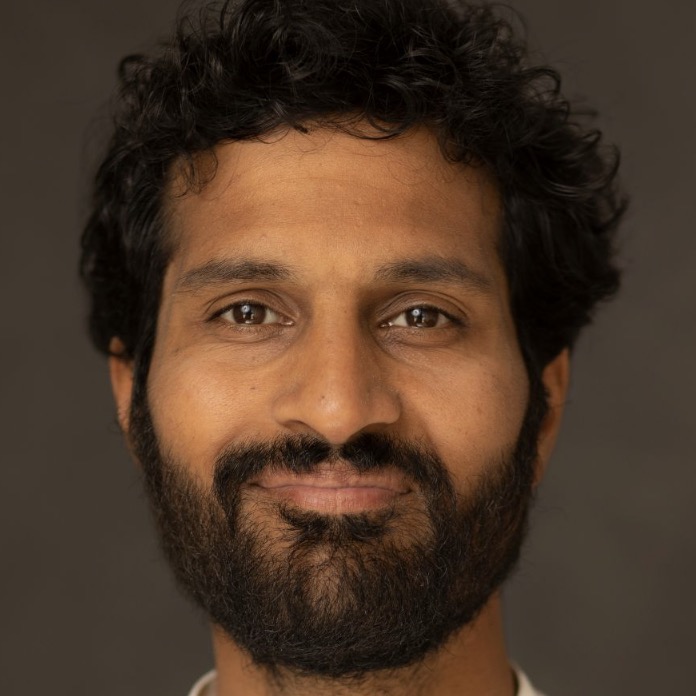
Taoufik Vallipuram
- Former Chair of R.E.R and Ouishare
- Board member of associations such as Les Canaux, B Corp France, Gribouilli, L’Après, etc.
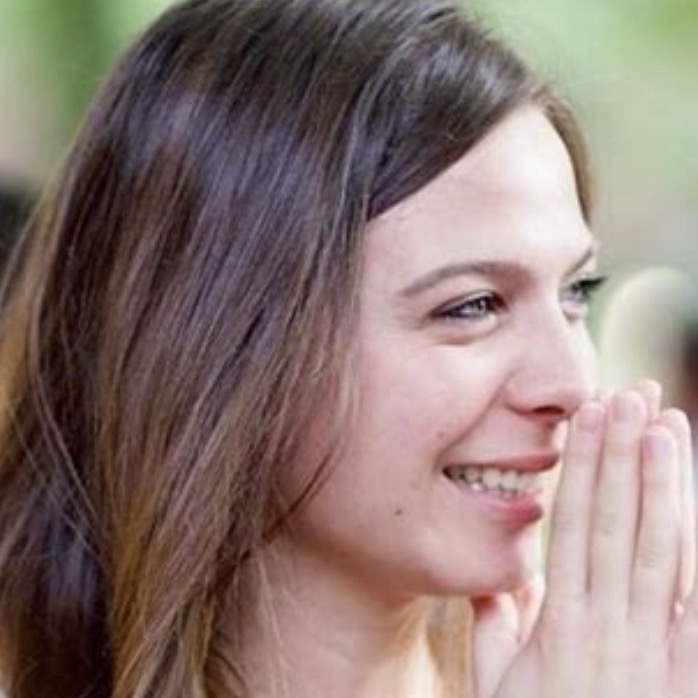
Tara Dickman
- Community organizer, trainer and strategic advisor
- Founder of Le next level
- Board member of ~ le mouvement
Four working groups
50 co-researchers with lived experience of class-based exclusion in politics in four urban rural working-class areas :
- Greater Paris Area (75),
- Roubaix and Lille (59)
- Marseille (13)
- Ambérieu-en-Bugey (01)
An operational team
- A cartographer and data developer
- A quantitative reseach manager
- Two communication specialists
- Two field assistants
- Eight volunteers
A Scientific Advisory Board
Fifteen researchers from France and abroad to oversee the project, train participants, and support allies.
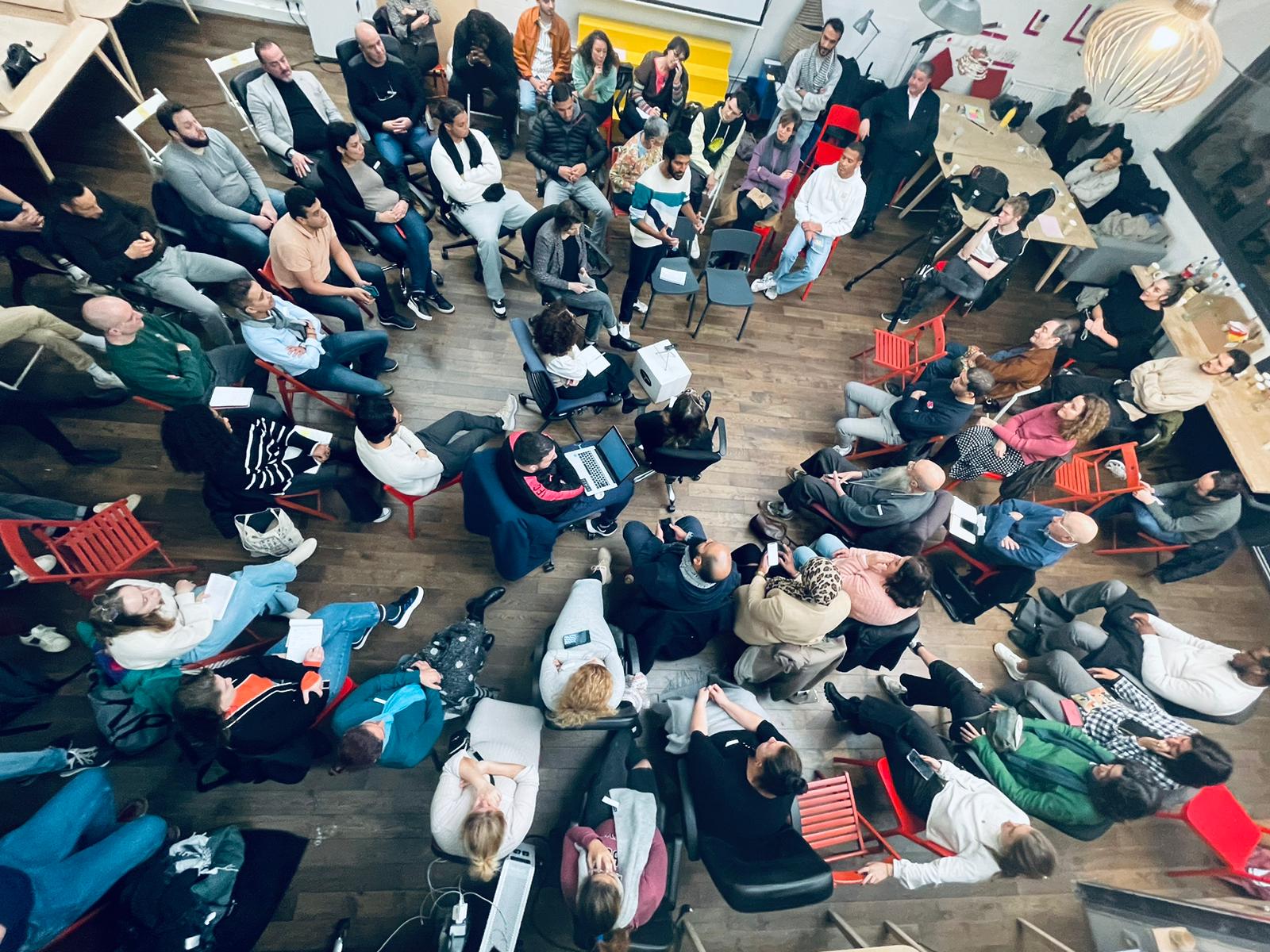
Over 30 organisations involved
Supporting structures

Financial partners

Partners in actions
Powa, agence Norme, Fédération Syndicale Unitaire (FSU), cabinet Clyde&CO, Quartier Général, Observatoire du racisme en politique, Fondation Danielle Mitterrand
Ous supporters : Ghett’up, Syndicat des Quartiers Populaires de Marseille, Approches, Cultures et Territoires, Gagnons l’Assemblée, Démocratie ouverte, Destins Liés, Académie des Futurs Leaders, Tous élus, MakeSense, Université Populaire et Citoyenne de Roubaix, Cie l’Art de Vivre, Cergy demain etc.
Our Approach
Coalition-building
We are building a large-scale campaign for inclusive political representation in collaboration with around thirty nonprofits, trade unions, members of parliament, and allies. Each month, we convene to analyse what isolates democracy from society through webinars, roundtables, or open workshops.
Research
In four regions across France, we are analysing our co-researchers’ experiences within political life through narrative socio-analysis methods. These insights are further validated by surveying key stakeholders and utilising quantitative data on electoral candidates from the past two decades (source: Ministry of the Interior).
Mobilisation
Based on our research, we will bring together those interested in promoting social representation parity in politics through a unified strategy. Members of parliament, political parties, activists, researchers, and citizens: together, we will take responsibility for democratising politics and breaking down exclusivity.
Our Achievements in One Year
Demonstrated the relevance of the dlp project with the support of numerous partners (nonprofits, coalitions, trade unions, foundations, companies, researchers, allies…) and secured funding of €115k.
Assembled an operational team of 12 and formed a scientific advisory board of 15 researchers.
Established four regional groups (Ain, Marseille, Île-de-France, Nord) that have begun working in workshops.
Gained the cooperation of the Ministry of Interior to extract new sociodemographic data on elected officials and candidates.
Mobilised over 30 organisations to make inclusive political representation a central issue in the years ahead, in politics and beyond.
Through joint efforts of workshop participants and our team, we convinced political parties to conduct internal audits of their own practices.
